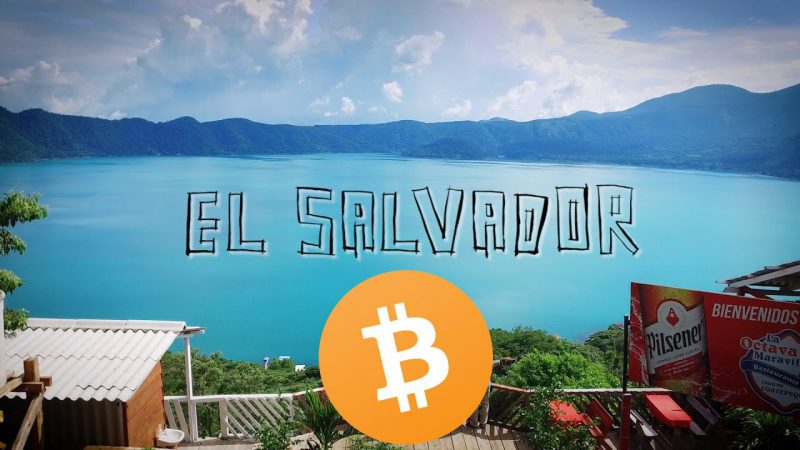El Salvador‘s tourism minister, Morena Valdez, has remarked on the country’s tourism sector’s resurgence following the Covid-19 outbreak. According to Valdez’s words, the introduction of Bitcoin as a legal tender in the country, as well as the foreigners who travel to the country for Bitcoin-related purposes and business, has considerably helped tourism.
Valdez claimed during an interview on a local TV news channel,
“According to the World Tourism Organization, we have an 81% recovery by 2022. They had calculated that 2024 would be year zero.”
Three things have contributed to the rebound, according to the minister.
The first has to do with the country’s handling of the Covid-19 outbreak, which has strengthened the confidence of visitors.
The second has to do with investments resulting from the country’s and its economic movements generating interest in foreign markets.
The third factor is the use of Bitcoin and the increased interest it is generating in the country. The minister previously linked the rise in tourism to the use of Bitcoin, claiming that it had aided a 30% increase in the sector. This assertion was reaffirmed by the minister, who also shared the February figures.
Valdez said,
“Tourists interested in the implementation of bitcoin have a longer stay and a larger expense. Before bitcoin there was a daily expense of $113 to $150, now it is up to $200 a day.”
While the introduction of the Bitcoin Law, which made bitcoin legal tender in the country, was attacked for being hastily imposed on the populace, Valdez claims that it has aided the tourism sector.
Making bitcoin legal tender looks to have put El Salvador on the tourist map, with foreign visitors from outside the continent on the rise. Tourists from the United States accounted for 60% of the total. Many of the tourists used to come from Central America’s neighboring countries, but now the number of tourists has been going up, and that too from newer countries.





